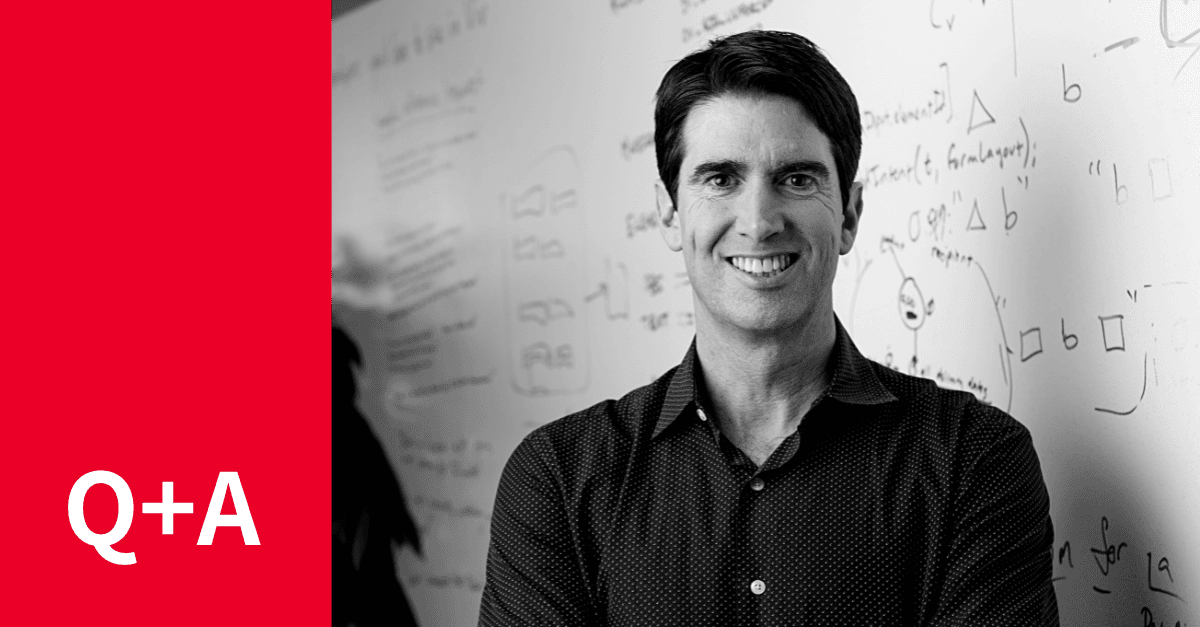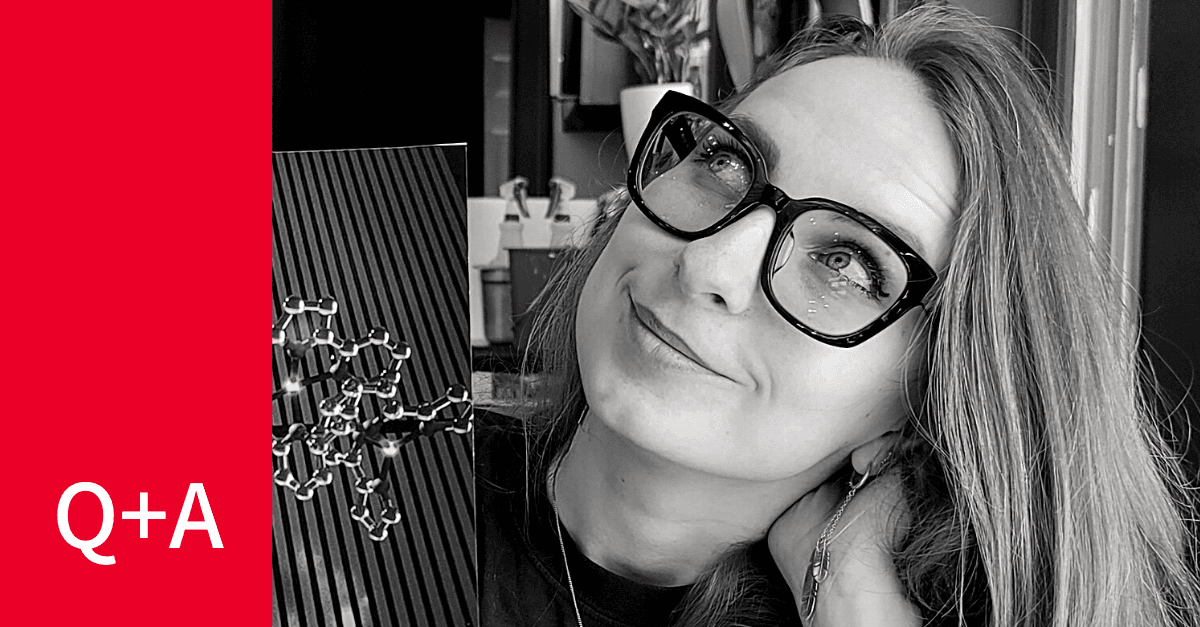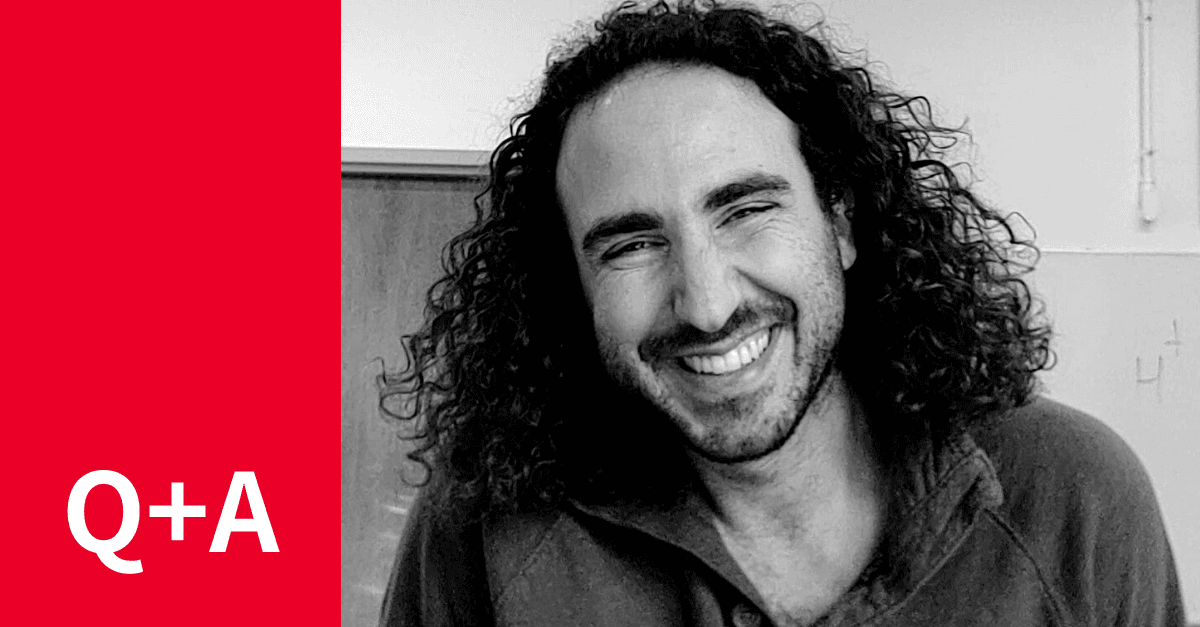Q&A with Adam Cheyer
What are some of the projects you’re working on right now?
Since my departure from Samsung, I’ve been doing a number of things to keep busy: I am a Venture Partner for Project Voice Capital Partners, a fund focused on voice and conversational artificial intelligence; I’m an advisor for a number of exciting companies, including Otter.ai (AI meeting assistant), Riva Health (breakthrough cardiovascular health technology), Brilliant Labs (open source AR eyewear), and Spatial Labs (powering the metaverse); I’m a speaker on a number of technology topics; and I’m an amateur magician, having just debuted some brand new magic creations at the world famous Magic Castle in Los Angeles.
Did you know that Siri means “secret” in Swahili? I love secrets, and I typically start my projects and companies in stealth. So I may or may not be also working on some new ideas in secret – stay tuned!
We have to ask: what’s your hot take on GPT-4, ChatGPT, and other large language models (LLMs) that have captured all of our attention so well?
My original prediction in 2013 was that, around 2020-2022, a conversational interface would become as important an interface paradigm as the web and mobile.To that end, I had started a company called Viv Labs to make this prediction come true by creating an assistant that could handle complex tasks across an internet-scale set of domains. As time has gone on, I’ve been watching the progress of transformer-based large language models closely since the first work on ELMO, which led to Google’s contributions of BERT and then through the many generative AI models that followed from there. I currently serve as an advisor to the Allen Institute for Artificial Intelligence (AI2), and get to see some of the groundbreaking research going on in NLP and visual detection.
When ChatGPT emerged I was blown away to see what had been accomplished. I do not typically get excited about any given technology trend (e.g. NFT’s, metaverse, blockchain, web3), but I think Generative AI is important – really important – to the point that I think in the same way that kids today can’t imagine a time before the Web or before smartphones, I think soon they will not be able to envision a time before LLMs.
Before we get too excited, I want to state that LLMs are not intelligent in the way that humans are, they are inherently just statistical text predictors. Even though they produce beautiful and confident-sounding prose and written assertions, in their present form, they are often laden with mistakes and missing concepts and conclusions about how the world works. However, these statements do not diminish my view that even in their relatively nascent state, this is the most surprising and powerful AI tool that I have ever seen, and I think the implications of what this tool can do will have a huge impact throughout many aspects of society.
You’ve talked for years about nonlinear productivity and the idea of pair-programming with an AI. How are you practicing that in your work today?
One of the most surprising aspects for me about large language models like Codex is how well it works on coding tasks. At its core, ChatGPT or Codex are “just” massively trained statistical models that, given some text, can predict reasonable continuations going forward from there. Intuitively, although it might be understandable how it could generate great-sounding poems or essays or the like, one wouldn’t expect that it actually “understands” the meaning behind what it is generating. So when I first interacted with the model and gave it programming models and then refinement requests about the program it produced, I was shocked to see how it was often able to accurately adjust the code appropriately to what I was asking – to do that, it really needed some level of understanding of causality, loops, variables, and all the structure and nuance present in a software program. I wasn’t expecting that.
So now when I sit down to write some code, an AI is truly my Copilot, as we pair-program efficiently. Sometimes it is easier for me to express what I want to do in pure code, other times it is easier to describe what I want in plain English and have an AI write the code for me.
What trends or techniques at the edge of AI are you keeping a close eye on?
The recent advancement and emergence of LLMs is so worthy of study, most of my current attention has been on understanding the implications, limitations, applications, and possibilities of this form of AI. That said, here are a few predictions of AI topics that I think have the potential to emerge as important in the next few years:
- Augmented Language Models: AI used to be all about reasoning using logical properties of acquired knowledge, but this was always held back by the brittleness of discrete computations and the requirement to hand-code the knowledge base. Large language models solve both of these problems, but lack an explainable and rational inference capability. I believe a hybrid architecture will be required to satisfy the desire to have a system that scales as well as LLMs but that is capable of more trustworthy outputs.
- Genetic Algorithms: Neural networks and genetic algorithms were both popular in AI circles at roughly the same time (1950-60’s). Some fifty years later, when compute clouds became available to scale computation and data sets massively, neural networks, now referred to as “deep learning”, became the de-facto approach for AI. I believe that genetic algorithms – solution-oriented coding that evolves over time – have the potential at scale to be as impactful as neural networks in some areas, particularly for design-oriented applications requiring some form of creativity. I am looking for a resurgence in this area sometime in the next ten years.
Starting with becoming a founding member of Change.org, but really well before that, you have always been civic-minded. How can technology save us from polarization, wealth stratification, health inequity, and other accelerating societal ills?
Wow, that’s a really big question. Overall, I am an optimist and believe that technology is a powerful tool to improve all aspects of society; however, I am acutely aware that with each new technological advance, there are unforeseen side effects that also can render certain aspects of the world worse.
The first thing that every human needs to elevate themselves is to make sure the absolute basics are covered: a warm safe place to stay and enough nutritious food and clean water to eat and drink – if you don’t have these things, nothing else matters. I think there are numerous areas where technology can contribute to these areas by lowering costs for habitation, improving production and distribution of food, all while doing more to help the planet in the process.
After the basics are in place, the most important solution to societal issues is education. Clearly technology can help a lot in this area, although I am always cautious about shiny new objects distracting a budget from the most important component in the educational process: namely an inspiring and competent human teacher. Although AI can play a role in education (for instance, I use ChatGPT as an anytime practice partner for conversational French), I really like the idea of using technology more as a distribution mechanism, to scale up learning to anyone with an internet connection, rather than a teaching aid itself. Excellent examples of this kind of system include Coursera and Outlier.org.
Next, we need to give educated people access to seed capital or microloans to enable them to have the funding to pursue business ideas they’ve come up with. I am a huge fan of entrepreneurship as a way to positively impact both society at large as well as personal outcomes. Websites such as Kickstarter, Kiva.org, Lendwithcare.org, and Opportunity.org offer technology and communities that help with this aspect of empowerment.
Another key aspect to address many societal ills is giving everyone a voice. It’s important not just to enable people to identify things that could be better, but to propose concrete actionable solutions to societal problems. Websites offering petition platforms such as Change.org, iPetitions.com, Eko.org and others are one good way to allow anyone to propose concrete change.
One final comment: most technology companies today are focused on applying “personalization” techniques during search and discovery interfaces with the goal of giving users content that the algorithm thinks will appeal to them. At a high level, this sounds appealing and beneficial – and it is – when I’m buying clothes or looking for a restaurant recommendation.
However, it feels to me that many companies have turned this crank too high, incentivized primarily by maximizing revenue through selling advertisements. The result is that people are over-exposed to a narrow set of content, and the unintended consequence is that people are being placed into “echo chambers” that start to shape their beliefs in an unbalanced way. The option to self-select into a more broad and balanced content stream is more difficult than ever before. We need to find ways to encourage these companies to achieve a more healthy balance between personalization and diversity of opinion, so that we can combat the divisiveness being produced in our country as a result of this extreme polarization.
You have the incredible distinction of having had Doug Englebart as a mentor. How did he influence you most? What would he be thinking about or working on today?
In my view, Doug Engelbart is the greatest innovator and visionary in computer history, full stop. If I were to ask, what is the most important computer-based innovation ever, one could make a case for the personal computer interface, with the mouse, keyboard, multiple windows, text editors, and so forth. Who created that? Probably Steve Jobs or Bill Gates? Someone else might bring up the web, with hyperlinked multimedia graphical and text-based documents distributed around the world. That was Tim Berners-Lee, correct? Perhaps collaboration technologies have the biggest impact on society, with video conferencing (à la Zoom or Skype), real-time document editing (à la Google Docs), and so forth. What if I told you one person was instrumental in creating all of these innovations, and came out with more advanced versions that what we have today, all the way back in 1968? That was Doug Engelbart.
When I first met Doug, I thought he was a technologist, wanting to invent cool stuff. But that wasn’t Doug’s purpose at all – he saw computers as a tool that could augment human intellect and help the world make smarter decisions as we grapple with all of planet-scale issues we are now being faced with: hunger, poverty, climate change, war, water, pollution, food, human rights, animal rights, and so much more. Putting the outcome first and the technology second was what I took away most from Doug, and many of my projects, including Change.org and even Siri have been influenced by his desire to help augment people’s abilities to work smarter and better.
What would Doug be working on today? That’s easy: the exact same thing he spent his entire career on. I took Doug out for his birthday just a few months before he passed away, and his primary sentiment was that even though many of his technology innovations were now commonplace in the world – the mouse, the personal computer, the web, collaboration technologies – in his assessment (and mine), we are still no closer to solving these big important issues we need to solve. Doug wouldn’t have given up, so it is now our role as scientists and technologists to pick up the challenge he left for us and to make his big vision come true. Want to get involved? Learn more about the solutions he thought could make this breakthrough happen at DougEngelbart.org.
Great technology is indistinguishable from magic, said Arthur Clarke. What has magic taught you about tech, and vice versa?
Haha, that’s a funny question! Yes, magic is a fun “hobby” of mine, and it is true that I have applied many lessons from magic in my business life. I frequently say that at their core, a magician and an entrepreneur are exactly the same: both imagine an impossible, desirable future and then they work backwards from that vision to work out the math and science to make it real. If you think of Siri, 30 years ago if you had said we would all carry a super-computer in our pocket that knows who you are and where you are, and you can simply have a verbal conversation with it to perform tasks for you like making a dinner reservation or ordering a concert or movie ticket, you would have called that science fiction or magic. And yet, thanks to an entrepreneurial vision and some “sufficiently advanced” technology, this “magic trick” has come to pass.
The Takeaway:
- Although large language models are still in their infancy, they are going to be incredibly important in all aspects of business and society. Pay attention to them, get involved, start thinking about what changes you will need to make in your life and business because of this new world we have just entered.
- As Doug Engelbart taught us, the real goal of technology is to bring about global positive change, by augmenting our own ability to solve problems big and small. We need better tools (including AI-based ones) to help us raise our collective intelligence; as Doug pointed out sixty years ago, if we do not get smarter at solving these issues together, we will not survive as a species.
- I believe in entrepreneurship as the greatest change agent in the world. I’ll leave you with Margaret Mead’s quote: “Never doubt that a small group of thoughtful committed individuals can change the world. In fact, it's the only thing that ever has."




